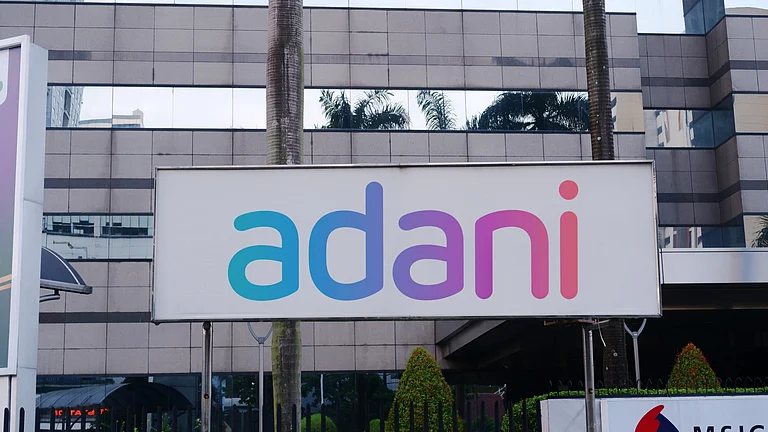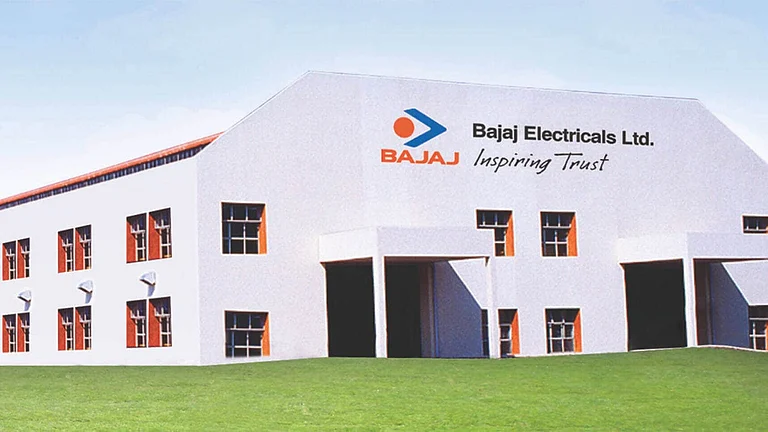The two-day nationwide strike by central trade unions to protest against the government policies entered its second day on Tuesday, impacting normal life in some parts of the country.
According to reports, public transport and banking services remain partly disrupted for the second day in some states.
"Workers in Sikkim and Arunachal Pradesh have joined the strike on the second day in addition to the workforce of state on the agitation on Monday. Workers in almost all sectors have joined the strike. We got a good response from the rural band. Over 20 crore participated in the strike on Monday and the number would be more on the second day," Amarjeet Kaur, General Secretary of All India Trade Union Congress (AITUC), told PTI.
A joint forum of central trade unions is protesting against the government policies affecting workers, farmers, and people.
Their demands include the scrapping of Labour Codes, no privatisation in any form, scrapping of the National Monetisation Pipeline (NMP), increased allocation of wages under MNREGA (Mahatma Gandhi Rural Employment Guarantee Act), and regularisation of contract workers.
In a statement, the joint platform has said central trade unions and independent sectoral federations and associations will stage a 'dharna' at Jantar Mantar from 11.30 am onwards on the second day of the strike on March 29 for their 12-point charter of demands.
The unions of bank employees are participating in the strike.
Bank unions are protesting against the government's move to privatize two public sector banks as announced in Budget 2021-22. They are also demanding an increase in the interest rate on deposits and a reduction in service charges.
On Monday, the first day of the strike, public dealings at some bank branches were hit and public transport services were thrown out of gear in states like West Bengal, Kerala and Tamil Nadu. However, essential services like healthcare, electricity, and fuel supplies remained unaffected.
Public offices, as well as educational institutions, were not impacted by the strike on Monday.
Some bank branches, particularly in cities with a strong trade union movement, did very limited over-the-counter public dealings such as cash deposits and withdrawals on the first day of the strike.
The joint forum of central trade unions said the bandh-like situation prevailed in at least eight states on the first day of the strike.
"There is a bandh-like situation in Tamil Nadu, Kerala, Puducherry, Andhra Pradesh, Telangana, Odisha, Assam, Haryana, and Jharkhand," the forum had said in a statement on Monday.
According to the forum, agitations were held in many industrial areas across Goa, Karnataka, Maharashtra, Chhattisgarh, Punjab, Bihar, Rajasthan, West Bengal, Meghalaya, and Arunachal Pradesh.
In Maharashtra, volume data from clearinghouses and cash replenishment at Automated Teller Machines (ATMs) was not immediately available, though the striking employees claimed it had a deep impact.
Workers staged protests at several places and unions claimed the agitation had an impact on the coal mining belts of Jharkhand, Chhattisgarh, and Madhya Pradesh on Monday.
The central trade unions that are part of this joint forum are INTUC, AITUC, HMS, CITU, AIUTUC, TUCC, SEWA, AICCTU, LPF and UTUC.


























.jpg?w=200&auto=format%2Ccompress&fit=max)




